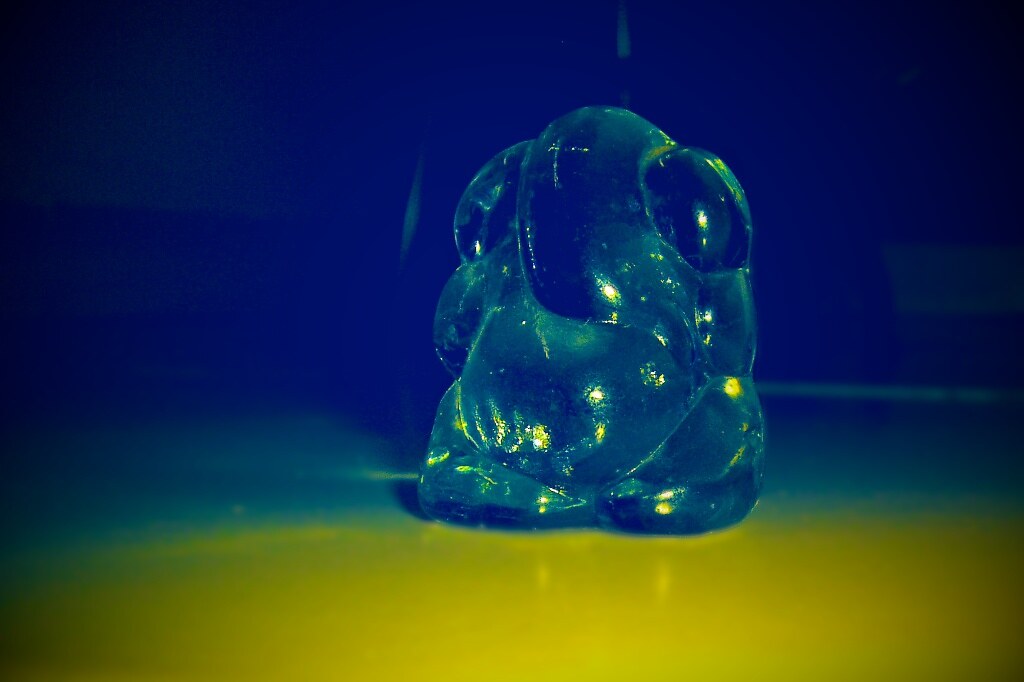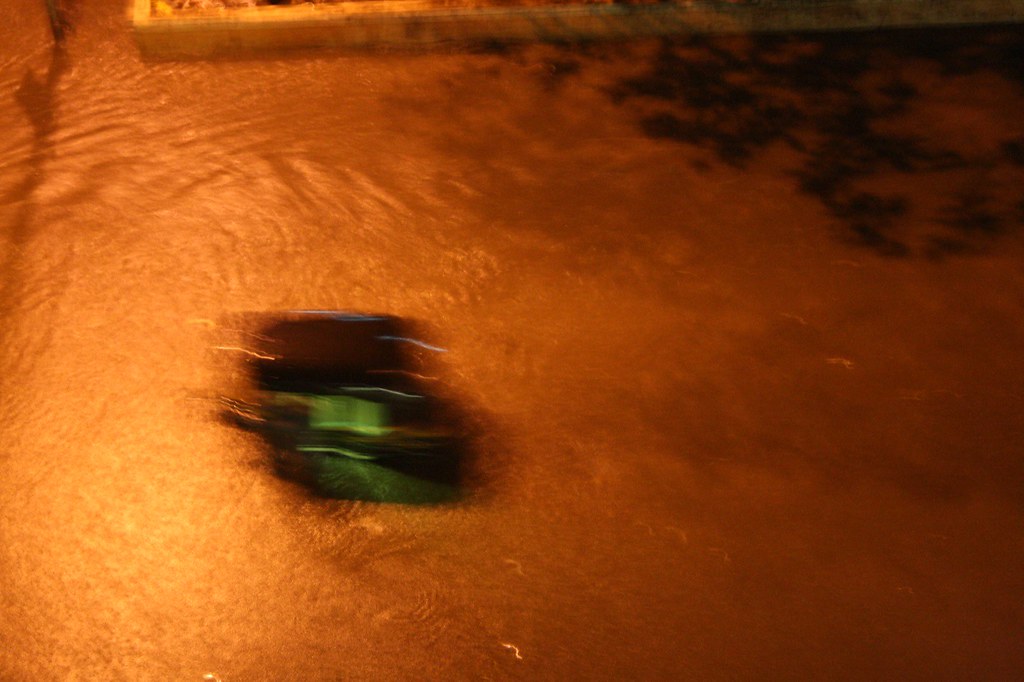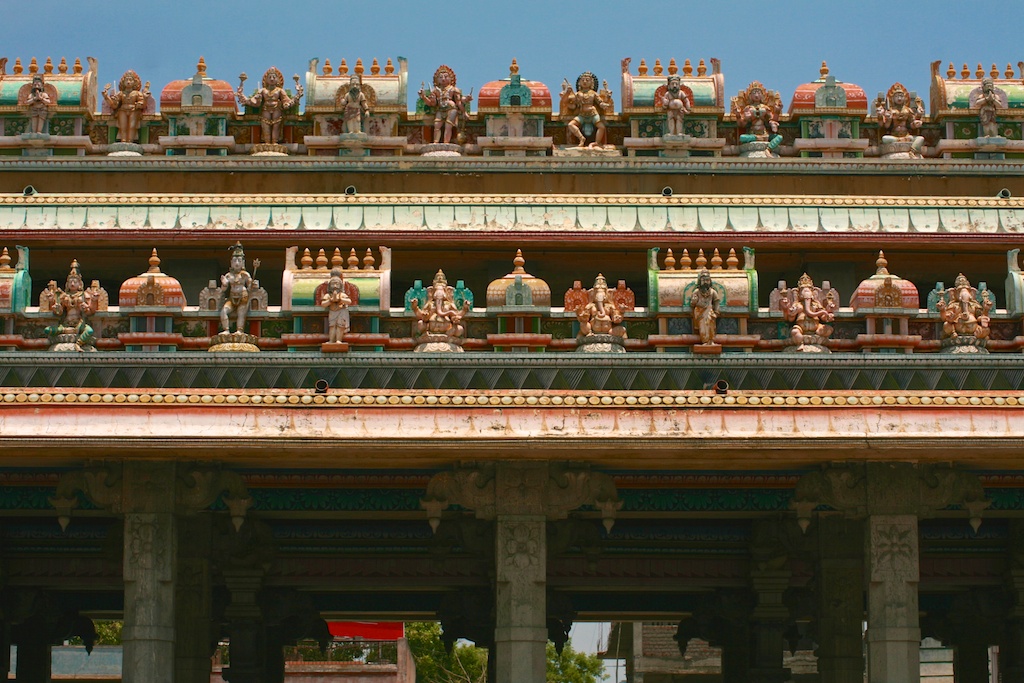“Bhai!” (Brother; no blood-relation, but what we feel about people is stronger than a blood-call)
I always love hearing his voice.
Hey, how are you, I asked.
“All good man. I am sorry.”
Huh? Why?
“I haven’t replied to your letter” [A physical letter, written on paper, paid for with postage, to be delivered by a postman]
That’s alright. I have received one from you.
“I know, but I never replied to your reply to that. I want to reply. I want you to know that.”
She had written a letter to me once. On an unruled Inland Letter. There was a lot of space in between the lines she wrote. Maybe she was helping me read in-between the lines. I wasn’t as smart then, also, I thought I was in love. I just saw the empty space between the actual lines, beautiful handwriting, and well, you know what. She also wrote of how she had good intentions to write to me, but, she reminded me that, “the road to hell is paved with good intentions.” I thought I’d re-quote this to my brother. Thought better of it.
That’s fine. I know you will reply. Soon.
“I don’t understand why I don’t write. I have the stationery. I have the will.”
You are, perhaps too focused on writing a proper letter.
“Meaning?”
You don’t need to write a full letter, you know. Just write a big ‘HI’ on the letter and post it?
“Meaning?”
*

Rest of the conversation was of various other things. And while I did give him an answer for his last question, I wondered, what was the “Meaning?” What does a letter mean? To me?
Doing an about-turn and looking within yourself is a difficult thing to do. We rarely do it. It follows, that we have lost (or are losing) the art of looking within. That evening, I turned.
It’s just so nice to receive a personal letter. A small little envelope, with your name inscribed on it in, fat, thin, curvy, thick, elegant, scribbly handwriting. It’s your name. Then follows your address. Whoever sent you the letter knows exactly where you are. The letter comes home. We aren’t having a conversation while I am commuting or when I am down on the street for a late afternoon for a chai and a cigarette. [Statutory Warning: Smoking is injurious to health].
A letter comes to where you are. Home. And then you open the letter. It may be a single page, or pages and pages stuffed in that reluctant envelope, ready to burst at the seams. It’s never the same as having the letter-writer in front of you, but it is the closest. I know, many folks think voice is the closest, but I think otherwise. Written words are. See, letter writing (pen and paper) is not the same as typing on a keyboard. Our thoughts are racing, our pen-in-our-hand cannot keep up. So, we often slow down out thoughts. If you have ever received a multi-page letter, you will know what I am talking of.
The first paragraph is exquisite. Your friend has sat down to write the letter, slowed down the thought process, and the best of her handwriting shows up. One page down. Now the excitement of Oh-I-have-so-many-things-to-share-with-you, takes over. Scribbly text takes over. Spelling mistakes. Scratches. She sees her own handwriting. Slows down. It repeats. Somewhere, the weight of the paper comes into consideration. No more pages! But I have so much more to say. A-ha! Margins! Let’s flout that one rule we learnt in school.
There’s more character to a letter than any other form of communication. Except of course, when we are having coffee together, at the same table.
To write a good letter, we need to be in denial, however; in these times. We have to deny ourselves an instant response. We have to let go, of a response, if that is what it takes. There is sheer pleasure in writing a letter. We have to move away form the instant gratification of the double-blue-tick-mark of WhatsApp and learn to yearn for a postal delivery. For something tangible. For something that’s forever.
*
Take your time, Bhai. Send me that letter when you can. What matters not is that it’s a postcard or an overstuffed envelope for which I have to pay extra postage. What matters is that I get it. You know it, there’s a joy in receiving letters. You have experienced it.
Spread the joy.











